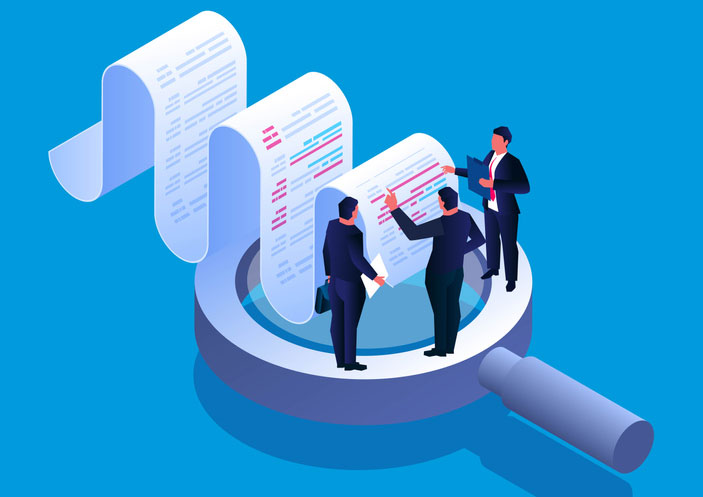In today’s competitive business environment, effective cost management is crucial for the success of any organization. Cost accounting plays a pivotal role in helping managers make informed decisions, optimize resources, and enhance profitability. At Al Mithaq Institute, we understand the importance of equipping professionals with the right tools and techniques to excel in cost accounting. Our comprehensive courses are designed to provide in-depth knowledge and practical skills that can be immediately applied in the workplace. This article explores the essential tools and techniques of cost accounting, highlighting how our programs can help you master these critical skills.
What is Cost Accounting?
Cost accounting is a branch of accounting that focuses on capturing a company’s total cost of production by assessing the variable costs of each step of production as well as fixed costs, such as a lease expense. It provides detailed cost information that helps managers control current operations and plan for the future.
Importance of Cost Accounting
- Decision Making: Cost accounting provides managers with the data needed to make informed decisions about pricing, budgeting, and resource allocation.
- Cost Control: By identifying and analyzing costs, managers can implement strategies to reduce expenses and improve efficiency.
- Profitability Analysis: Cost accounting helps in determining the profitability of products, services, and departments, enabling managers to focus on the most profitable areas.
- Budgeting and Forecasting: Accurate cost data is essential for creating realistic budgets and forecasts, which are crucial for long-term planning.
Key Tools and Techniques in Cost Accounting
1. Cost Classification
Cost classification involves categorizing costs based on their nature, behavior, and function. This helps in understanding the cost structure and making better decisions.
- Fixed Costs: Costs that remain constant regardless of the level of production (e.g., rent, salaries).
- Variable Costs: Costs that vary directly with the level of production (e.g., raw materials, direct labor).
- Semi-Variable Costs: Costs that have both fixed and variable components (e.g., utilities).
- Direct Costs: Costs that can be directly traced to a specific product or service (e.g., raw materials).
- Indirect Costs: Costs that cannot be directly traced to a specific product or service (e.g., overheads).
2. Cost Allocation
Cost allocation is the process of assigning indirect costs to different departments, products, or services. This is essential for accurate product costing and profitability analysis.
- Traditional Costing: Allocates overhead costs based on a single cost driver (e.g., direct labor hours).
- Activity-Based Costing (ABC): Allocates overhead costs based on multiple cost drivers, providing a more accurate allocation.
Why Choose Al Mithaq Institute for Cost Accounting Training?
At Al Mithaq Institute, we are committed to providing high-quality education that empowers professionals to excel in their careers. Our cost accounting courses are designed to meet the needs of both beginners and experienced professionals, offering a comprehensive curriculum that covers all aspects of cost accounting.
Comprehensive Curriculum
Our courses cover a wide range of topics, including cost classification, cost allocation, CVP analysis, standard costing, budgeting, performance measurement, target costing, lean accounting, environmental cost accounting, and the use of technology in cost accounting. We provide both theoretical knowledge and practical skills, ensuring that our students are well-prepared to apply what they learn in the workplace.
Experienced Faculty
Our faculty members bring over a decade of professional experience, combining academic excellence with practical knowledge. They are dedicated to delivering insightful education and engaging training courses that inspire and motivate students to achieve their goals.
Conclusion
Cost accounting is an essential skill for managers who want to optimize resources, control costs, and enhance profitability. At Al Mithaq Institute, we are dedicated to providing high-quality education that empowers professionals to excel in cost accounting. Our comprehensive courses, experienced faculty, flexible learning options, and personalized support make us the ideal choice for anyone looking to master the tools and techniques of cost accounting.
Whether you are a beginner or an experienced professional, our cost accounting courses will provide you with the knowledge and skills you need to succeed. Enroll today and take the first step towards achieving your career goals.
Ready to Take the Next Step?
Visit our courses page to explore our cost accounting programs and enroll today. For more information, contact us through our contact page or visit our about us page to learn more about our mission and values. Don’t forget to check out our blog for more insights and tips on cost accounting and other topics.







